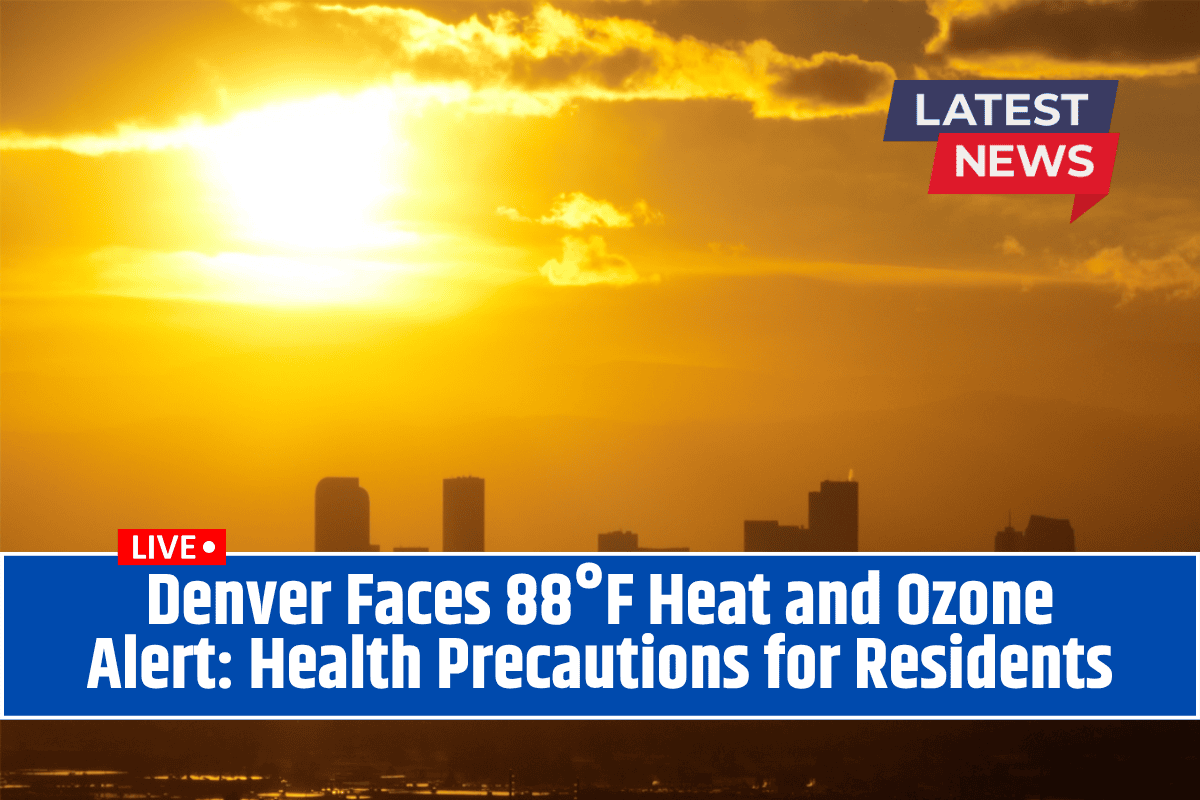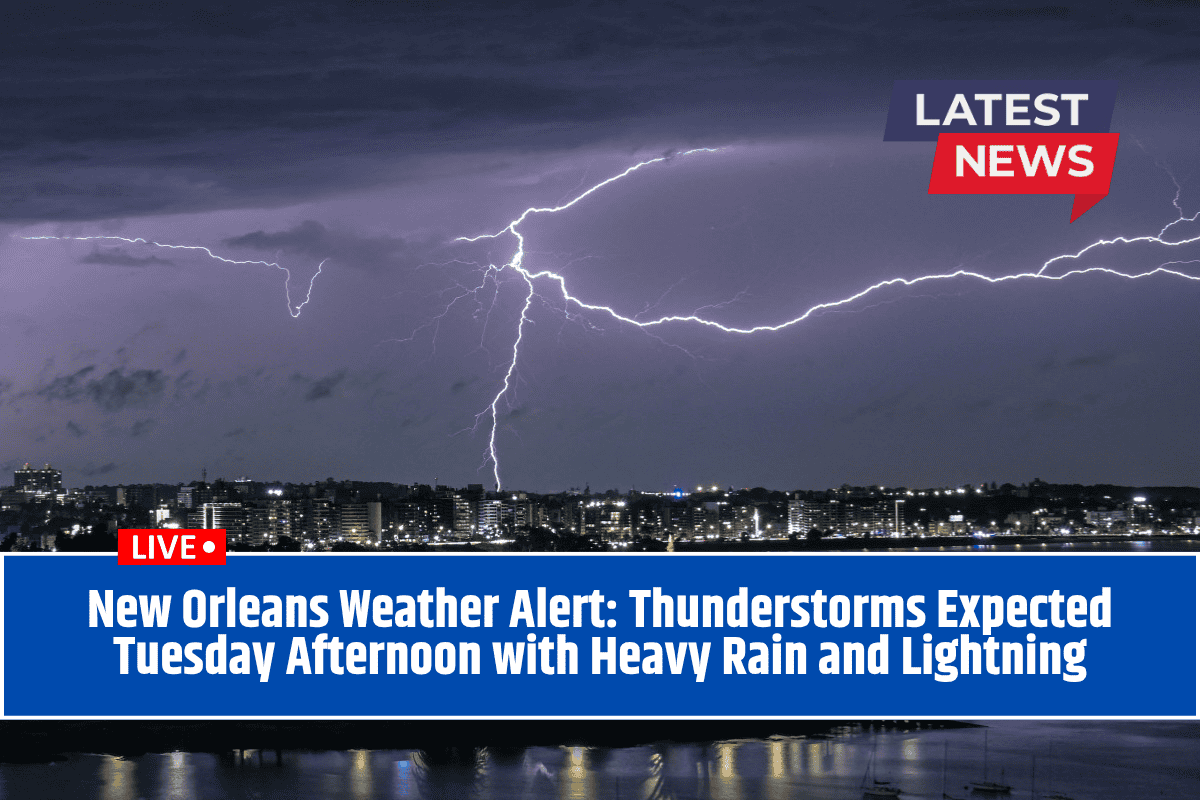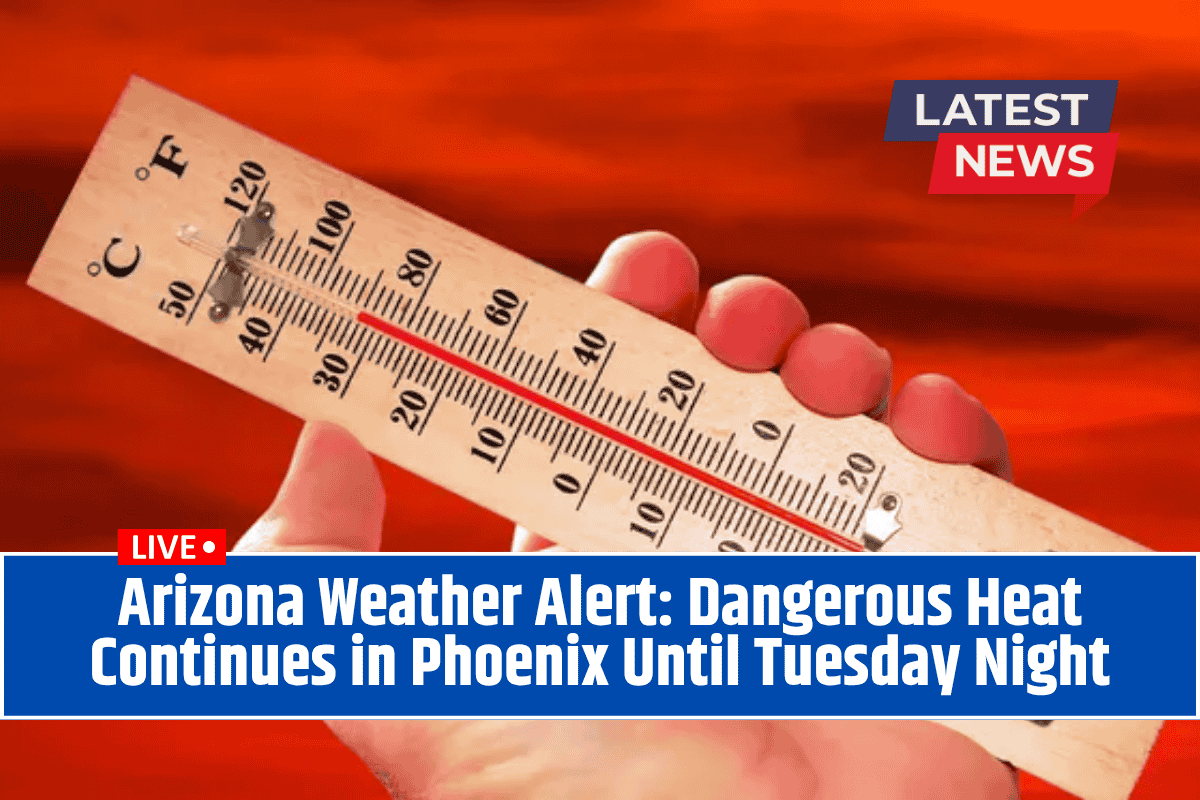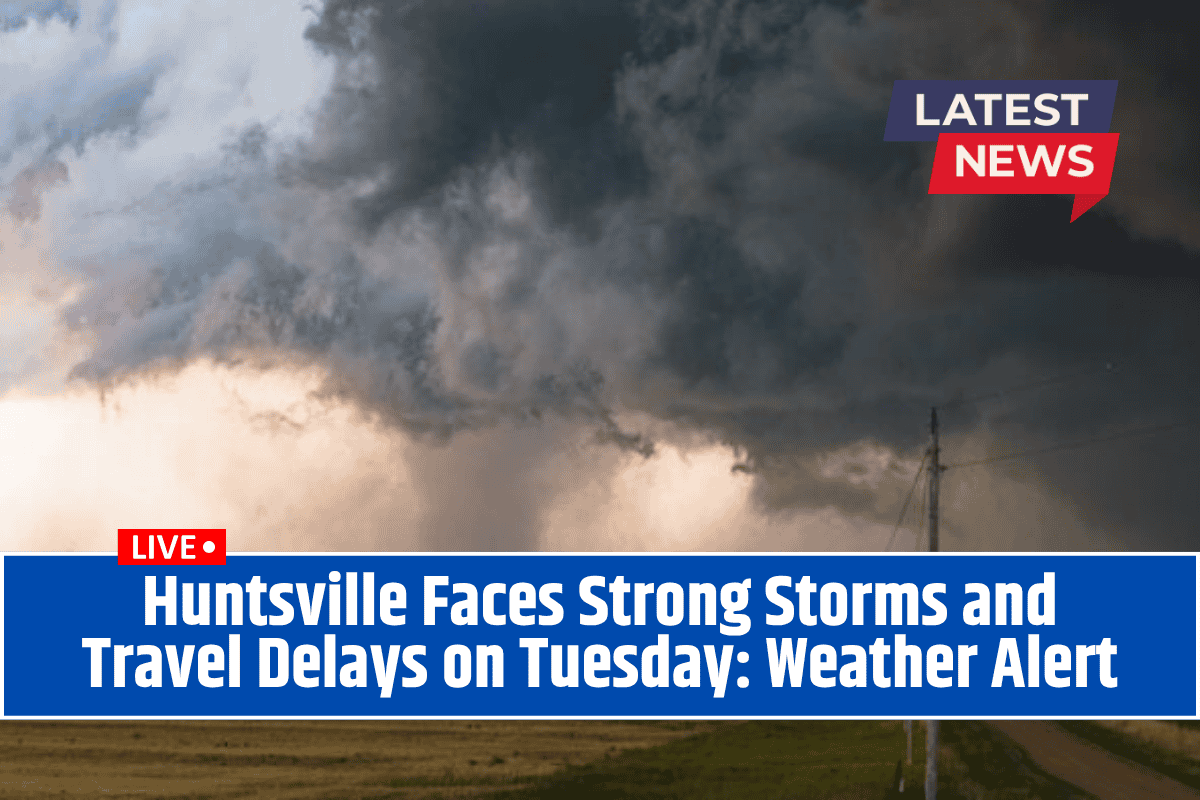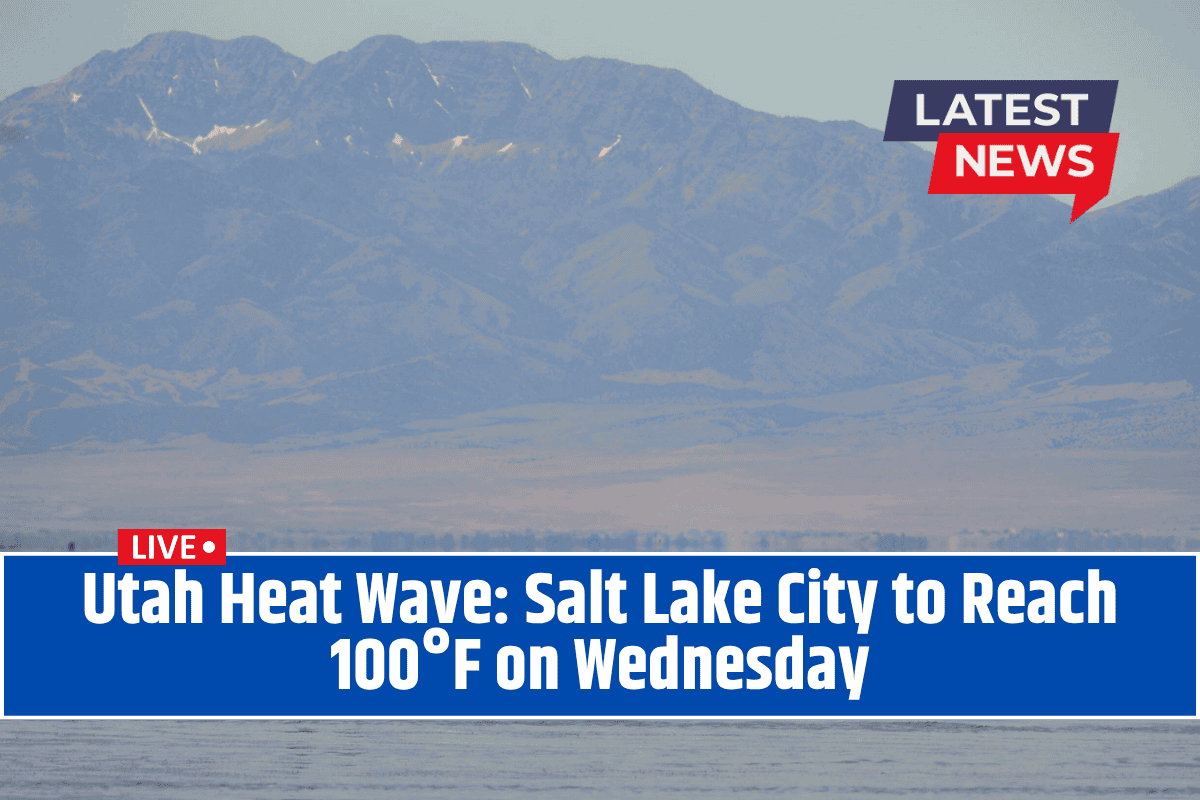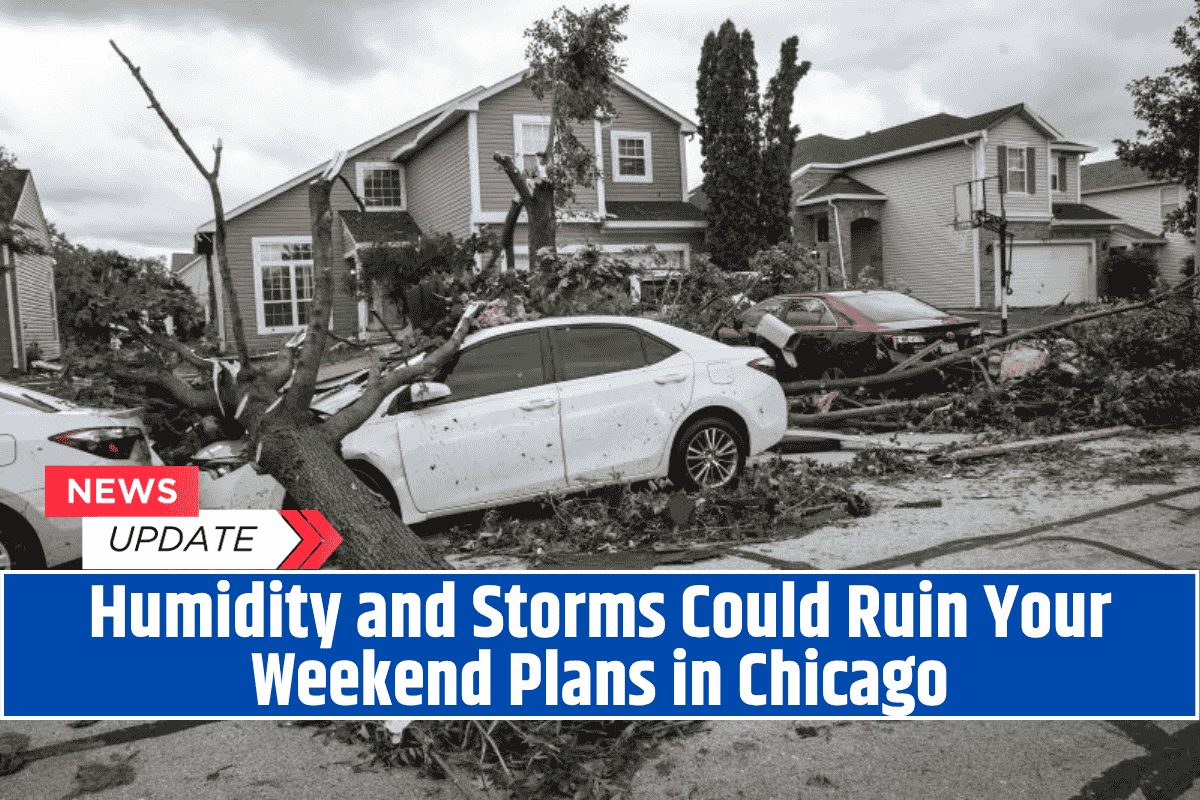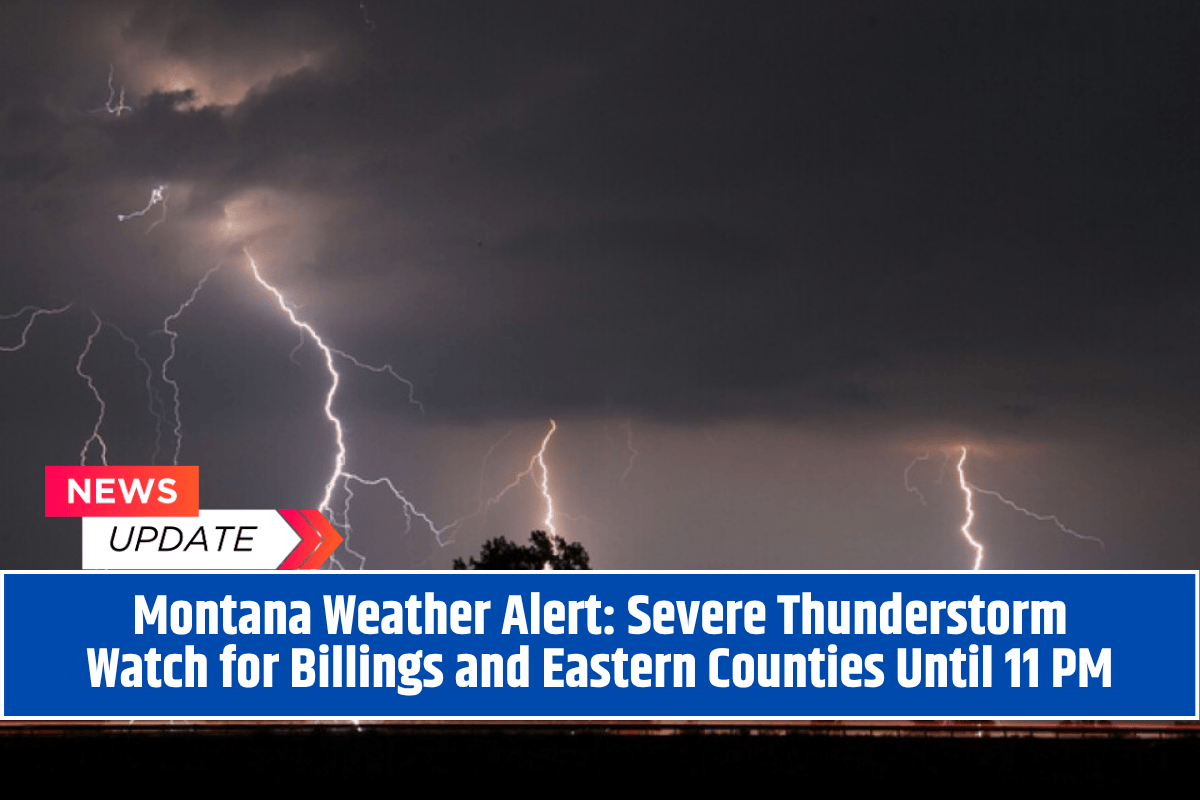On Tuesday, Denver residents will experience the typical summer heat, with temperatures reaching a high of 88°F. While the bright skies and sunny weather will make for a beautiful day, there’s a concern that could affect the health and well-being of certain individuals — the rising ozone levels.
The Colorado Department of Public Health and Environment (CDPHE) has issued an air quality alert warning that ozone concentrations in the region will climb into the “Unhealthy for Sensitive Groups” category.
This air quality alert is expected to remain in effect until 4 p.m. on Tuesday and will cover not just Denver, but also surrounding areas like Boulder, Broomfield, and other counties along the Front Range.
As the summer heat intensifies, it’s important for residents to be aware of the potential health risks that come with elevated ozone levels. The stagnant, hot conditions expected on Tuesday will allow for the build-up of ozone concentrations, making the air quality worse for sensitive individuals.
Understanding the Air Quality Alert
The ozone level warnings are part of the National Weather Service’s report, with light winds in the afternoon shifting to the southeast. As the heat builds up throughout the day, the air quality deteriorates due to the lack of movement in the atmosphere.
As a result, sensitive groups such as children, the elderly, and individuals with preexisting respiratory conditions like asthma are at greater risk.
The alert from the CDPHE recommends that residents of Denver, Boulder, and surrounding counties limit outdoor activities during the late morning and afternoon hours. The risk of ozone exposure is greatest when the sun is at its peak, which typically occurs between 11 a.m. and 4 p.m.
Therefore, it’s advised to avoid prolonged physical exertion outdoors during those hours to reduce the risk of developing health issues related to poor air quality.
The Impact of Ozone on Health
Ozone is a gas that forms when pollutants emitted by cars, factories, and other sources react with sunlight. While ozone occurs naturally in the upper atmosphere, high levels near the ground can be harmful to human health.
Ozone is known to cause respiratory problems, and prolonged exposure can lead to symptoms like shortness of breath, coughing, and chest tightness.
For people with respiratory issues such as asthma, allergies, and other lung conditions, ozone can significantly worsen their symptoms and make it harder for them to breathe.
Children are particularly vulnerable because their lungs are still developing, and they often spend more time outside, increasing their exposure. The elderly, whose respiratory systems may already be weakened, are also at risk.
The CDPHE’s alert indicates that the current conditions, which are expected to last throughout the afternoon on Tuesday, are considered to be potentially harmful to these sensitive groups. As such, it is especially important for individuals with health concerns to stay indoors as much as possible and limit their time outdoors.
What to Expect Later in the Week
While the ozone issue will subside by the evening on Tuesday, the hot temperatures will continue to rise as the week progresses. On Wednesday, Denver will see a high of 95°F, which is even hotter than Tuesday.
The increased temperatures will contribute to higher ozone levels and exacerbate the air quality situation for the following days. Thursday is expected to be a similarly hot day, with temperatures nearing 96°F.
Although there are predictions for some isolated thunderstorms in the area on Thursday afternoon, these storms are not expected to significantly change the overall air quality. The heat, combined with the possibility of some rain, may bring temporary relief but will not be enough to fully eliminate the ozone concerns.
How to Stay Safe During High Ozone Days
Given the rising temperatures and worsening air quality, it’s crucial to take steps to stay safe during these days. Here are some tips to help you protect yourself and your family:
Limit Outdoor Activities: As recommended by health officials, reduce the amount of time you spend outdoors, especially during peak hours (11 a.m. to 4 p.m.). If you must be outside, try to do so early in the morning or later in the evening when ozone levels are lower.
Stay Hydrated: Heat can quickly lead to dehydration, so it’s essential to drink plenty of water throughout the day. This will help you maintain your energy and ensure your body is better able to cope with the rising temperatures.
Monitor Air Quality Alerts: Stay updated on air quality reports from trusted sources such as the Colorado Department of Public Health and Environment or the National Weather Service. These organizations provide up-to-date information on air quality and will give you warnings when conditions worsen.
Check on Vulnerable Individuals: If you have family members, neighbors, or friends who are more sensitive to air quality, check in with them regularly and make sure they’re following the necessary precautions.
Use Air Conditioning or Stay Indoors: If possible, stay inside where the air is cooler and less polluted. If you don’t have air conditioning, try to spend time in public spaces like libraries or shopping centers where cooling systems are available.
Denver’s Forecast and What to Expect in the Coming Days
Looking ahead to the remainder of the week, temperatures in Denver will continue to stay on the high side. With highs near 95°F on Wednesday and 96°F on Thursday, residents can expect a few more hot days before any potential cooling.
As mentioned earlier, isolated thunderstorms are possible Thursday afternoon, but these storms are unlikely to provide a significant break from the heat.
By the weekend, temperatures will still hover around the mid-90s, although there may be a slight drop due to increased cloud cover and the potential for rain. It’s always wise to keep track of the latest weather updates to stay prepared for any changes in air quality and temperature.
Denver’s weather is heating up this week, and with rising temperatures comes a heightened risk of poor air quality due to elevated ozone levels. With health advisories in place, particularly for sensitive groups, it’s important to take precautions when venturing outside, especially during peak hours of the day.
By staying informed, staying indoors when necessary, and taking care of your health, you can safely navigate the hot conditions and avoid the negative effects of poor air quality.
